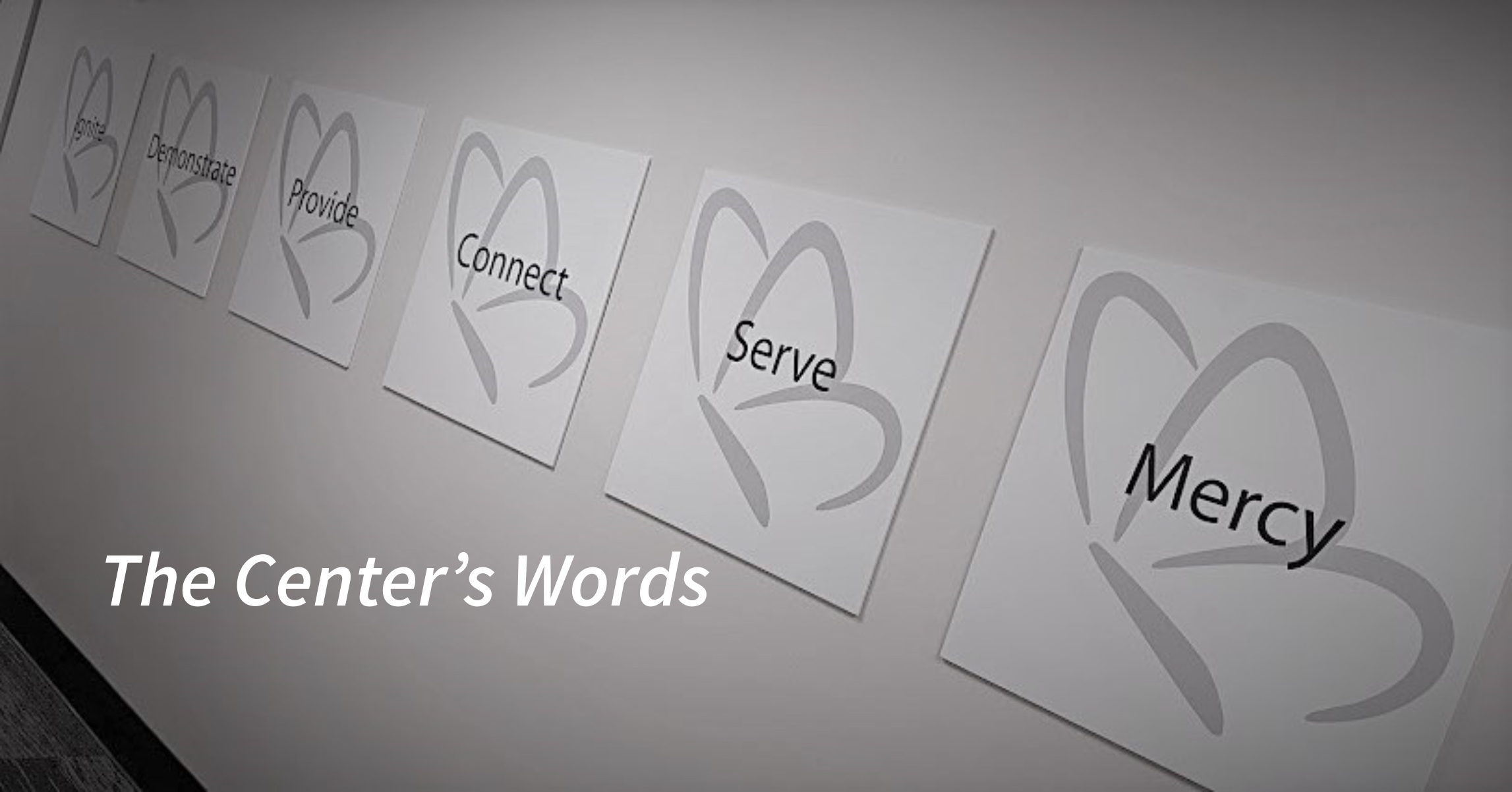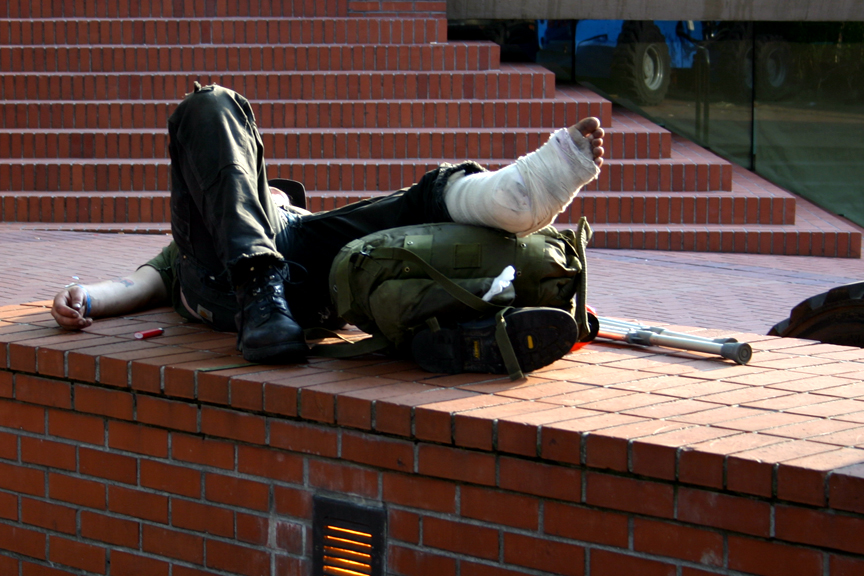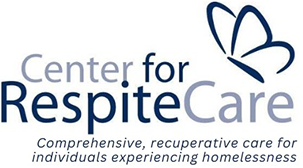
Aging for People Experiencing Homelessness

Life on the streets is difficult. The overall health and life span of individuals experiencing homelessness clearly reflects the depth of the challenges and trauma. Not only is it tough on the psyche, the feet, and the overall demeanor – it is tough on the ultimate outcome. How long will one live and how will chronic and acute health challenges be treated?
Our clients are adults; they are all over 18. The average age of the people who live with us is 50. Sadly, for the individual who does not have a home, the aging process advances rapidly. The elements make life difficult. People stay with us for an average of 30 to 60 days. This gives both their body and their minds time to begin a healing process that allows them to enter stable housing or treatment programs and begin addressing acute illness and trauma.
We are honored that we will once again be included in the Hamilton County Tax Levy Process and that it is likely that our funds will be part of the levy that supports senior citizens. While the official age for a senior is 60, our people confront challenges that are generally reserved for the more elderly. Sadly, a 50-year-old who has experienced homelessness will often resemble an individual who is over 70. The street makes for tough living.
Our clients come to us through medical referrals for acute or exasperated chronic illness. We often find upon admittance that clients have other serious illness(es) to be addressed—for example, we may discover that a client with kidney disease also has undetected lung cancer. We provide a safe place to recuperate and address long-term health problems while saving the community money. The costs to stay with us are significantly less than in the hospital – and hospital beds are at an all-time premium.
A key component of our Medical Recovery program is case management—clients complete an extensive social needs assessment to begin their return to society. Research shows tailored and personalized care teams create a more positive & long-term solution for people experiencing homelessness. Establishing a medical home & primary care is crucial to maintain stable housing. Overall poor health contributes greatly to homelessness. We also provide after care and peer support groups for solving issues and concerns as clients leave our care and transition back to independent life.
According to The Gerontologist:
Though hospitals are a common location where older adults experiencing homelessness receive health care, an understanding of the types of supports needed upon hospital discharge is limited. We examined the unique characteristics of older homeless adults and the health and psychosocial supports required upon hospital discharge. The health status of individuals experiencing homelessness is significantly worse compared with age-matched peers who are housed and individuals experiencing homelessness display signs of accelerated aging (Cohen, 1999). Accordingly, age 50 is used in research and practice to characterize older adults who are experiencing homelessness—the health status of a 50-year-old who is experiencing homelessness typifies that of individuals who are 10–20 years older (Brown et al., 2016; Cohen, 1999; Gonyea, Mills-Dick, & Bachman, 2010). In addition, compared with homeless persons younger than age 50, individuals aged 50 and older have been found to have more chronic medical conditions (Chung et al., 2018; Garibaldi, Conde-Martel, & O’Toole, 2005); and depression, anxiety, posttraumatic stress disorder, psychosis, and cognitive impairment have been reported as prevalent among individuals over age 65 who were experiencing homelessness (Garibaldi et al., 2005; Stergiopoulos & Herrmann, 2003).
The Individuals in our care have the time and setting to regroup and then return to a stable life. Being released from the hospital is difficult in the best of circumstances. It is up to us to continue to provide an environment that ensures success to the people who need it most.

